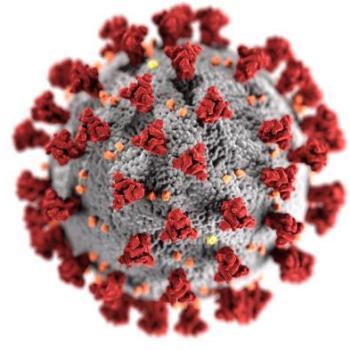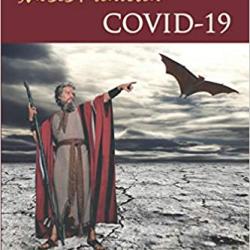It is being increasingly accepted among scientists that lifestyle can affect human cells, changing them for better or for worse. Now it has been discovered that this change in DNA, called “epigenetics,” can be passed down to offspring to at least the second generation in mice and therefore likely the same in humans.
Gretchen Reynolds reports in The Washington Post today that researchers have been showing that what they call “developmental programming” occurs simply by what we eat. That affirms the provocative saying, “You are what you eat.”
But Reynold’s article, entitled “How exercising now could benefit your future grandchildren,” takes it a step further. She explains that according to this new study by medical researchers published in the journal Molecular Metabolism, “Today’s workout isn’t just about you. It etches itself into your cells in ways that can be passed to later generations.”
Researchers are proving this in medical labs with mice. Reynolds continues, “From birth, the mice with active grandmothers were leaner than the others and, in males, sported denser, healthier bones. Most interesting, as the animals moved through middle age, those with inactive grandmothers began developing poor blood-sugar control and worsening insulin sensitivity, signaling potential, incipient diabetes. These conditions are common with age and inactivity, in both rodents and people.”
Conversely, Reynolds further reports, “Those mice with an active grandmother maintained relatively healthy blood sugar control and insulin sensitivity deep into old age, despite being inactive themselves.”
Reynolds continues, ‘”It was remarkable,’ said Ana Alves-Wagner, a senior postdoctoral fellow at the Joslin Diabetes Center and Harvard Medical School, who led the new study. ‘Exercise had improved the metabolic health of multiple generations.’”
Dr. Daniel Lieberman at Harvard University, an expert in this field, said, “We still don’t know the mechanisms by which this occurs in mice. Regardless, this study bolsters the view that when we exercise, we aren’t just doing it for ourselves.”

















